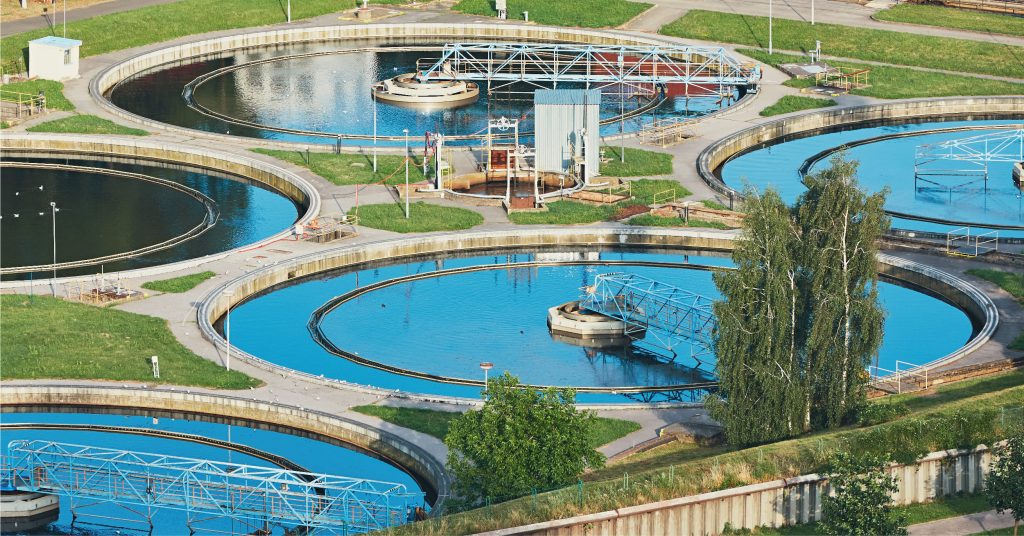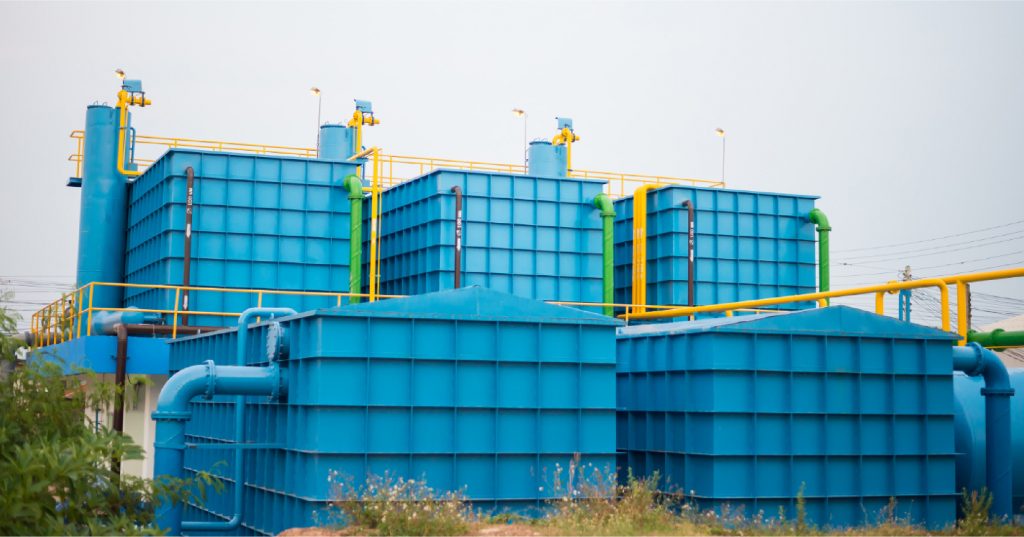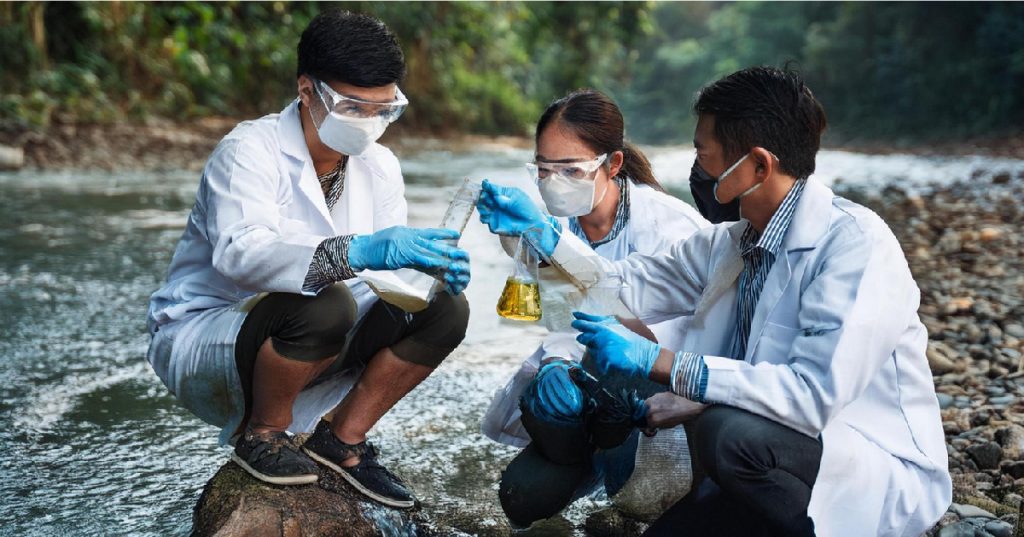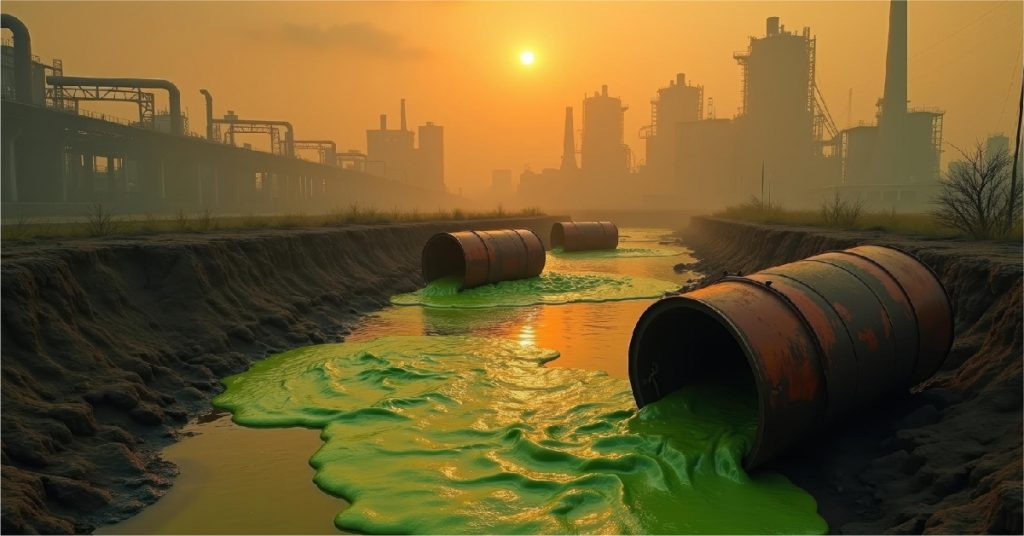Wastewater treatment is an essential process that ensures the safe disposal of wastewater while protecting the environment. In a densely populated and developed country like Singapore, managing wastewater effectively is crucial to maintaining public health, environmental sustainability, and water security. This guide explores the wastewater treatment process in Singapore, focusing on its key components, stages, and importance.
What is the Wastewater Treatment Process?
The waste water treatment process is a systematic approach designed to remove contaminants from used water, ensuring it is safe for reuse or disposal. This process helps prevent environmental pollution, reduces health risks, and contributes to water conservation. The primary aim is to transform wastewater into clean, treated water suitable for reuse or discharge into the environment.
Importance of Wastewater Treatment in Singapore
Singapore is known for its limited land area, high population density, and scarcity of freshwater resources. Given these challenges, managing wastewater efficiently is a top priority. The nation relies on treated wastewater, also known as reclaimed water, to supplement its freshwater needs. The wastewater treatment plant process ensures that wastewater is treated to a high standard, preserving Singapore’s water resources and contributing to environmental sustainability.
Stages of the Wastewater Treatment Process
The waste water treatment process in Singapore generally follows a multi-stage approach. These stages work together to ensure that contaminants are effectively removed, producing treated water suitable for reuse or safe discharge.
1. Preliminary Treatment
The first step in the wastewater treatment process is preliminary treatment. In this stage, large debris such as rocks, leaves, and plastics are removed from the wastewater. Screens and grit chambers are used to filter out these materials, preventing damage to the treatment equipment. Removing these larger items ensures smoother operation of subsequent stages.
2. Primary Treatment
In the primary treatment stage, the focus shifts to settling out solids from the wastewater. This is done in primary settling tanks, where the velocity of water is reduced, allowing suspended solids to settle at the bottom. These solids, also known as sludge, are collected and sent for further treatment or disposal. The clarified water that emerges from this stage is then subjected to secondary treatment.
3. Secondary Treatment
The secondary treatment stage is crucial for breaking down organic matter and eliminating nutrients like nitrogen and phosphorus. In this stage, biological processes are employed using microorganisms to degrade organic pollutants. Common methods include activated sludge systems, where aeration tanks introduce oxygen, encouraging the growth of bacteria that digest the organic matter.
4. Tertiary Treatment
In the tertiary treatment stage, advanced filtration and chemical processes are employed to further purify the water. This stage is particularly important in Singapore, where treated water is intended for non-potable uses such as industrial processes, irrigation, and even as an alternative water source, known as NEWater. Advanced filtration systems, reverse osmosis, and disinfection using UV or chlorination ensure the removal of any remaining impurities, providing high-quality treated water.
5. Sludge Treatment and Disposal
The sludge treatment and disposal stage deals with the by-products of the wastewater treatment process. The sludge collected during primary and secondary treatments is treated and stabilized through processes like anaerobic digestion. The treated sludge is then either used as a soil conditioner, incinerated, or disposed of safely. This ensures that waste is managed sustainably, reducing environmental impact.
Why Understanding the Waste Water Treatment Process Matters?
Understanding the wastewater treatment process is vital not only for environmental professionals but also for communities that rely on clean water resources. Awareness of how wastewater is treated helps ensure proper water management, informs sustainable practices, and fosters a greater appreciation for resource conservation.
How Ion Exchange Improves Wastewater Treatment?
Ion Exchange, a leader in water and wastewater treatment solutions, plays a pivotal role in enhancing the wastewater treatment process in Singapore. By offering state-of-the-art technology and customized solutions, Ion Exchange helps industries, municipalities, and communities implement efficient wastewater treatment plant processes that meet regulatory standards and promote sustainability.
Our state-of-the-art wastewater treatment plants offer pioneering solutions that focus on wastewater recycling and source reduction, alongside waste management through product recovery and waste minimization. Utilizing innovative, energy-efficient, and cost-effective technologies such as membranes, advanced oxidation, and evaporation, these integrated systems help conserve water by recycling wastewater and recovering valuable by-products for reuse. This approach not only supports zero liquid discharge objectives but also delivers a strong return on investment for our customers while protecting the environment. After conducting bench-scale and pilot plant studies and detailed site surveys, we select the most appropriate technologies for industries such as power, fertilizer, electronics, textiles, chemicals, food & beverage, pulp & paper, pharmaceuticals, and automotive sectors. Our product line includes:
- Waste Water Systems
- Water Recycle
- Zero Liquid Discharge (ZLD)
Conclusion
In conclusion, the wastewater treatment process in Singapore is continuously enhanced by innovative technologies like ion exchange. By improving the removal of contaminants, enhancing water quality, and supporting water reuse initiatives, ion exchange systems play a crucial role in ensuring sustainable water management. As Singapore continues to prioritize environmental sustainability and water security, understanding and implementing advanced treatment solutions like ion exchange will be essential in achieving long-term goals for clean, safe water.
Connect with Ion Exchange experts to learn more about our efficient wastewater treatment process and explore innovative water management solutions.





